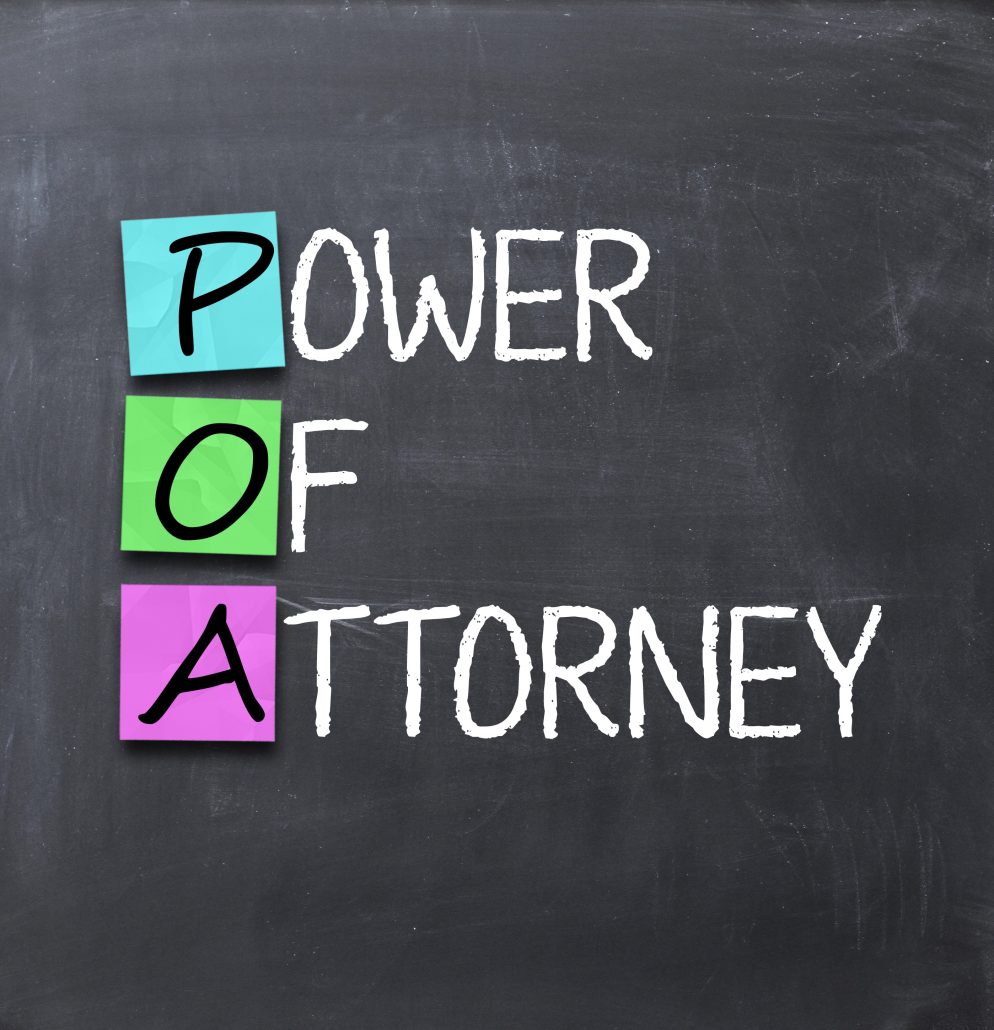What happens if you don’t have a Power of Attorney in place?
Chris Broome – Chartered Financial Planner
A Power of Attorney is just as an important part of estate planning as writing a will. Yet, it’s something that many people overlook, potentially leading to challenges for their loved ones and placing themselves in a vulnerable position.
Power of Attorney gives someone you trust the ability to make decisions on your behalf, if you don’t have the mental capacity to do so. This may be temporary, for instance, following an accident, or permanent, due to an ongoing illness.
It’s often overlooked because we think it’ll never happen to us. However, it’s estimated that there are 850,000 people with dementia in the UK, with the figure projected to rise to 1.6 million by 2040, and this is just one example of an illness that can affect mental capacity.
There are many other examples of where an individual cannot make decisions entirely on their own. Having a Power of Attorney in place can ensure someone can make decisions for you.
One important thing to note is that a spouse or civil partner doesn’t have the automatic right to make decisions on your behalf. A Power of Attorney is still required.
There are two types of Power of Attorney. The first covers health and welfare, allowing a trusted person to make decisions about medication, life-sustaining treatment and your day-to-day routine. The second covers property and financial affairs and may include collecting pension benefits, paying bills or deciding to sell your home.
Thinking about handing over the ability to make potentially life-changing decisions to someone else, even those you trust, can be daunting. But the alternative is often far more complex, time-consuming and costly.
Applying to the Court of Protection
If you lose the capacity to make your own decisions and don’t have a valid Power of Attorney, the application goes to the Court of Protection. The court can:
- Decide whether you have the mental capacity to make a decision
- Make an order relating to health and care or property and financial decisions if someone lacks mental capacity
- Appoint a deputy to make decisions on behalf of someone who lacks mental capacity
A deputy is a similar role to that of attorney, including the principle that they must make decisions based on your best interests. The ability of the Court of Protection is a useful safety net but it’s not one that should replace naming a Power of Attorney for three key reasons:
- The decision may not align with your wishes: The person appointed as deputy may not be your preference. Using a Power of Attorney means you’re in control of who will be making decisions on your behalf. This gives you a chance to discuss what you’d want to happen.
- Initial and ongoing costs will usually be more: To apply to become a deputy through the Court of Protection costs an initial fee of £365, with a further £485 needed if the court schedules a hearing. On top of this, a security bond may have to be set up if someone is appointed a property and financial affairs deputy and an annual supervision fee will be due. The cost of this will depend on the size of your estate. In contrast, it costs £164 to register both types of Power of Attorney.
- It takes time to arrange: Once an application has been made, the Court of Protection aims to issue an order within four to six months. During this time, you may be left in a vulnerable position, with loved ones unable to make a decision on your behalf.
Putting a Power of Attorney in place
The good news is that more people are naming a Power of Attorney. Between January and March 2020, the number of applications was up 5% compared to the same quarter last year. This is partly attributed to the government taking steps to make the process easier and faster.
You can access the online service to create a Power of Attorney here. Remember, you will need to register your Power of Attorney with the Office of the Public Guardian for it to be valid, this can take between eight and ten weeks.
Next Steps
As you name a Power of Attorney, it’s worth reviewing your wider estate plans too. It can help you have an open conversation with the person you trust about what your preferences are and how your wealth may change over time.
Please get in touch with us if you have any concerns or questions.
Please note: This blog is for general information only and does not constitute advice. The information is aimed at retail clients only.
The Financial Conduct Authority does not regulate estate planning.




